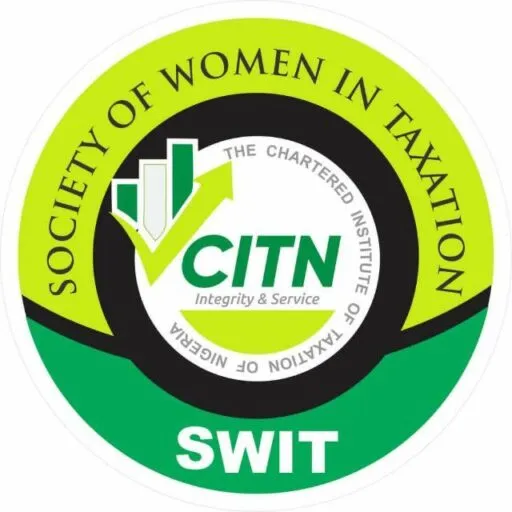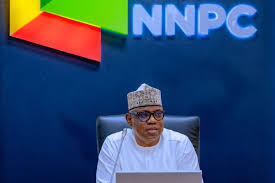SWIT highlights taxation as catalyst for Nigeria’s economic sustainability

The Society of Women in Taxation (SWIT) held a landmark national workshop in Uyo, Akwa Ibom State, on Monday under the theme: “Enhancing Economic Development and Sustainability in Nigeria Through Effective Taxation.”
The event brought together top tax professionals, public officials, academics, and industry experts to deliberate on strategies to strengthen Nigeria’s fiscal framework.
Hosted at Bezaleel Hall, the one-day event emphasized the urgent need for inclusive, transparent, and strategic tax administration to support Nigeria’s economic growth objectives.
In her opening remarks, Dr. Innocent Chinyere Ohagwa, 17th President of SWIT, stressed the importance of capacity-building and knowledge-sharing as critical elements of economic development.
READ ALSO: NDDC At 25 : Policy expert hails transformational drive of Ebie-led Governing Board
“Effective tax compliance, administration, and practice are key to economic sustainability. While today’s presentations may not offer all the answers, they are critical steps towards our collective goal,” she stated.
She encouraged professionals to continuously seek knowledge and contribute actively to nation-building through tax practice.
In her welcome Address, Dr. Caroline Ndubuisi, 6th National Chairperson of SWIT, described the workshop as a platform not only for professional development but also for national transformation.
“Taxation, when properly harnessed, is a powerful tool for nation-building. We must be bold in sharing ideas, challenging old systems, and driving change,” she said, calling on participants to take an active role in reshaping Nigeria’s tax culture.
Delivering the keynote address on behalf of Mr. Okon Okon, Executive Chairman of the Akwa Ibom State Internal Revenue Service, Mr. Mike Etefia, FCA, ACTI, outlined key reforms that have raised Nigeria’s tax-to-GDP ratio from 10% to 13.5% in 2024.
“Taxation is not merely a revenue tool but an economic strategy that can reduce inequality, shape behavior, and drive development,” Etefia said.
He advocated for: Broadening the tax base, particularly through the integration of the informal sector; Leveraging technology, including AI and digital platforms like TaxPro-Max; Reforming tax incentives to promote fairness and accountability; Strengthening subnational tax frameworks and voluntary compliance culture
Drawing from international models, he cited the Nordic countries as examples of how high taxation, when well-managed, can fund robust public services while maintaining competitiveness.
In a special presentation, Prof. Emmanuel Daferighe, of the University of Uyo, provided expert insights into the implementation of Nigeria’s recently enacted tax reforms.
Signed into law by President Bola Ahmed Tinubu on June 26, 2025, and effective from January 1, 2026, the new tax legislation includes: The Nigeria Tax Act, 2025; The Nigeria Tax Administration Act, 2025; The Nigeria Revenue Service (Establishment) Act, 2025; The Joint Revenue Board of Nigeria (Establishment) Act, 2025
Prof. Daferighe emphasized the importance of aligning compliance processes, improving digital infrastructure, and training tax professionals to ensure smooth adoption.
“We must build trust in the system. Those who pay more taxes must believe they are receiving value. And those enforcing the laws must be transparent and accountable,” he advised.
The workshop concluded with a call for: Stronger coordination between government agencies; Increased public awareness of tax obligations and benefits; Ethical enforcement of new laws and Continued professional development for tax practitioners
Participants expressed optimism that with consistent political will and stakeholder engagement, taxation can become a cornerstone of Nigeria’s sustainable development.










